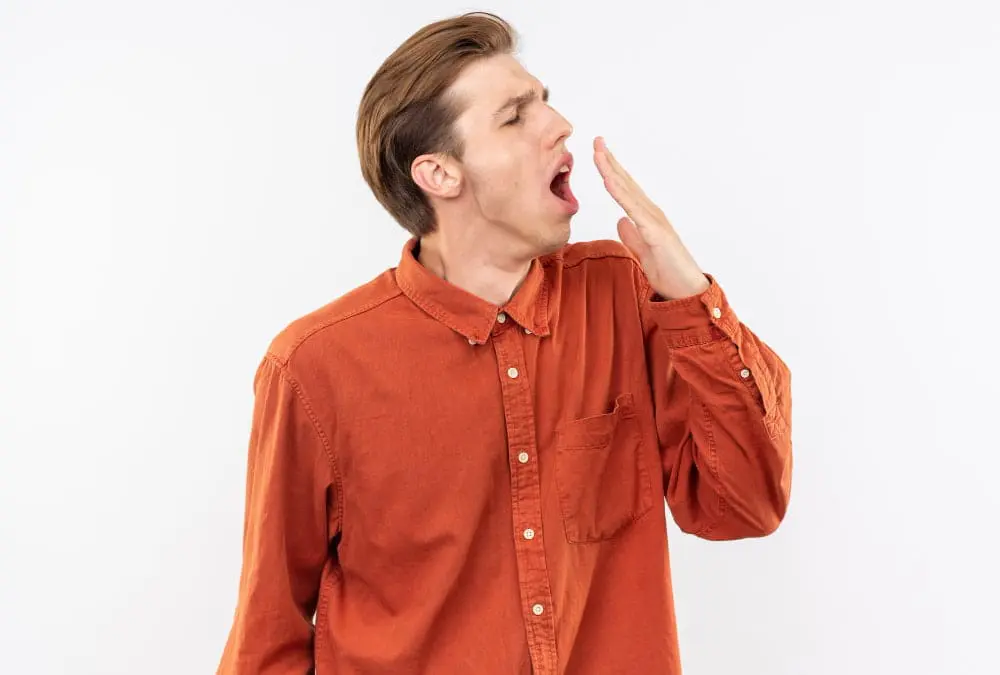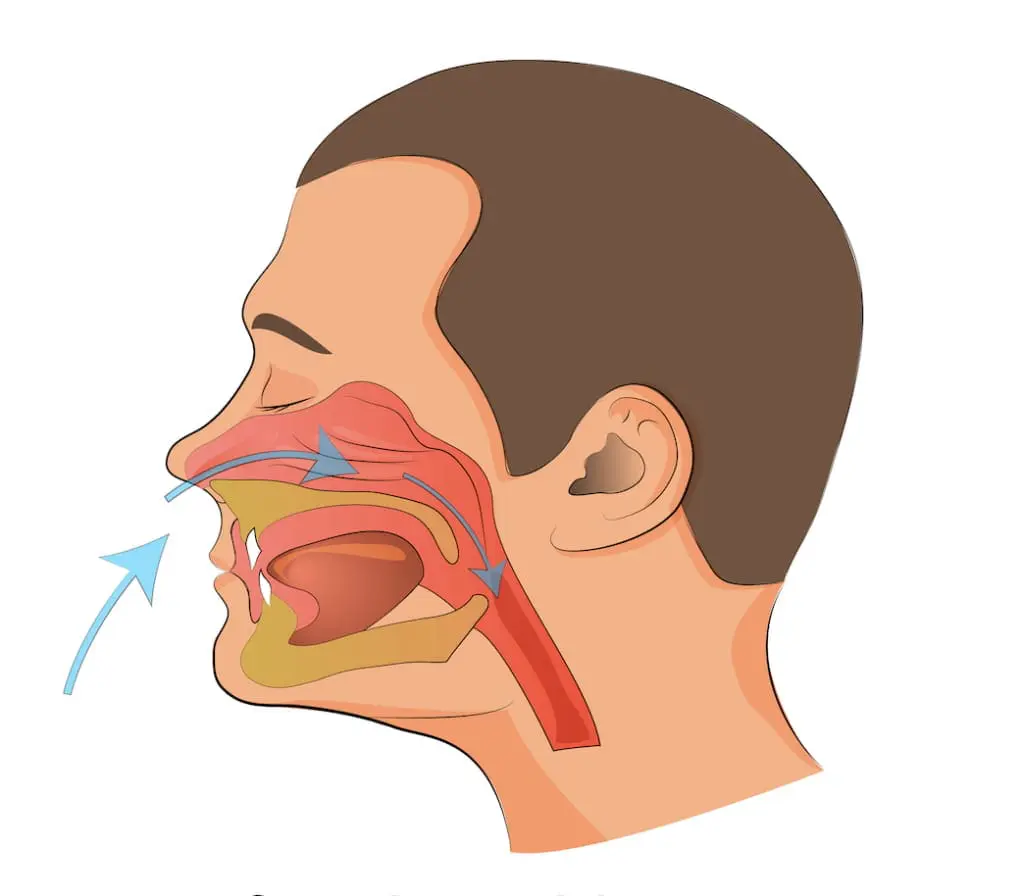
Mouth Breather: Causes & Treatment Options in Suwanee or Tucker, GA

Causes and Effects of Mouth Breathing

Causes of mouth breathing
Several factors contribute to mouth breathing, including seasonal allergies (such as cedar fever), chronic nasal congestion, swollen tonsils, and sleep apnea. Residents often experience heightened symptoms due to the distinct allergens and environmental elements.

Mouth breathing affects overall health
Mouth breathing can greatly affect our respiratory health. Without the nose’s natural filtration system, people may experience an increased risk of respiratory infections, reduced oxygen levels, and overall less effective breathing.

Relationship between mouth breathing and dry mouth
Warm climates can exacerbate the effects of mouth breathing on preserving oral hydration. Many patients frequently struggle with xerostomia (dry mouth), a concern that can lead to various oral health complications if left untreated.

Connection between mouth breathing and sleep apnea
Mouth breathing and sleep apnea are related issues that frequently form a cycle that greatly hampers sleep quality and overall function. Many people notice enhancements in their sleep after tackling mouth breathing, underscoring the necessity of identifying and addressing both conditions for improved health and wellness.

Effects of mouth breathing on brain function and cognitive abilities (brain fog)
Many individuals seeking treatment report experiencing diminished mental clarity and challenges with focus due to mouth breathing. This cognitive impact, often called “brain fog,” can interfere with workplace efficiency, academic performance, and everyday activities.

Impact of mouth breathing on oral health and bad breath
At our clinic, we often see patients whose dental concerns and unpleasant breath stem from mouth breathing. This practice decreases saliva production, fostering an environment where harmful bacteria thrive, potentially leading to tooth decay and gum disease.
Health Risks Associated with Mouth Breathing
Breathing through the mouth, whether in adults or children, raises the likelihood of respiratory infections like colds, sinusitis, and the flu. This happens because mouth breathing bypasses the nose’s natural defense system, which filters out harmful particles, making it easier for microorganisms to reach the lungs. Over time, consistent mouth breathing can also lead to nasal congestion and blockages, further complicating the ability to breathe through the nose.
The link between mouth breathing and respiratory health is a serious concern, as it may contribute to chronic lung problems. In children, the long-term effects of habitual mouth breathing can be particularly damaging. It can lead to improper facial and dental growth, disturbed sleep patterns, and even behavioral issues, emphasizing the importance of addressing this problem early on.
Diagnosis and Treatment
At NK Orthodontics in Suwanee and Tucker, GA, Dr. Nick Kim, uses advanced diagnostic tools to identify mouth breathing habits and their causes. Our team designs personalized treatment plans, including orthodontic care, guided breathing techniques, and coordination with local specialists when necessary.
Prevention and Management
Supporting nasal breathing in children can be achieved through intentional strategies and preventive efforts. Firstly, cultivating healthy daily habits, such as eating a balanced diet, drinking plenty of water, and engaging in regular physical activity, can help minimize nasal congestion and encourage natural nasal breathing. Secondly, integrating specific breathing exercises into their routine can enhance breathing patterns and improve airflow through the nose.
These exercises may include diaphragmatic breathing, which promotes deep, efficient breathwork using the diaphragm rather than shallow chest breathing, alongside simple methods to clear nasal blockages. Educating children on the benefits of nasal breathing for their overall health and fostering mindfulness around good breathing practices can make a lasting impact. Through a combination of lifestyle adjustments and targeted breathing techniques, this comprehensive approach can effectively support proper nasal breathing habits in children.

Improving Your Breathing and Health with Airway Orthodontics
Our facility uses advanced 3D imaging technology to carefully examine airway structures and develop customized treatment plans. This modern approach allows us to address both breathing difficulties and orthodontic concerns simultaneously, leading to optimal results for our patients.

FAQ
Does mouth breathing affect facial development?
Yes, particularly in growing children. We’ve seen that chronic mouth breathing can significantly impact facial development, often leading to elongated facial features and teeth misalignment. Early intervention is crucial for supporting healthy facial growth and development.
What are the most effective treatments for mouth breathing?
We create individualized treatment plans based on each patient’s specific needs. Treatment may combine orthodontic appliances, specific breathing exercises, and lifestyle modifications. Our solutions at NK orthodontics in Suwanee and Tucker are designed with consideration of local environmental factors to ensure lasting results for our patients.
Does having an overbite mean I’m a mouth breather?
Not always. While an overbite can be related to mouth breathing, it’s not always the cause. Mouth breathing is typically associated with nasal obstructions or other medical conditions. Having an overbite doesn’t automatically indicate mouth breathing habits. If you’re concerned about your breathing patterns or oral health, we recommend consulting with a healthcare professional for proper evaluation.